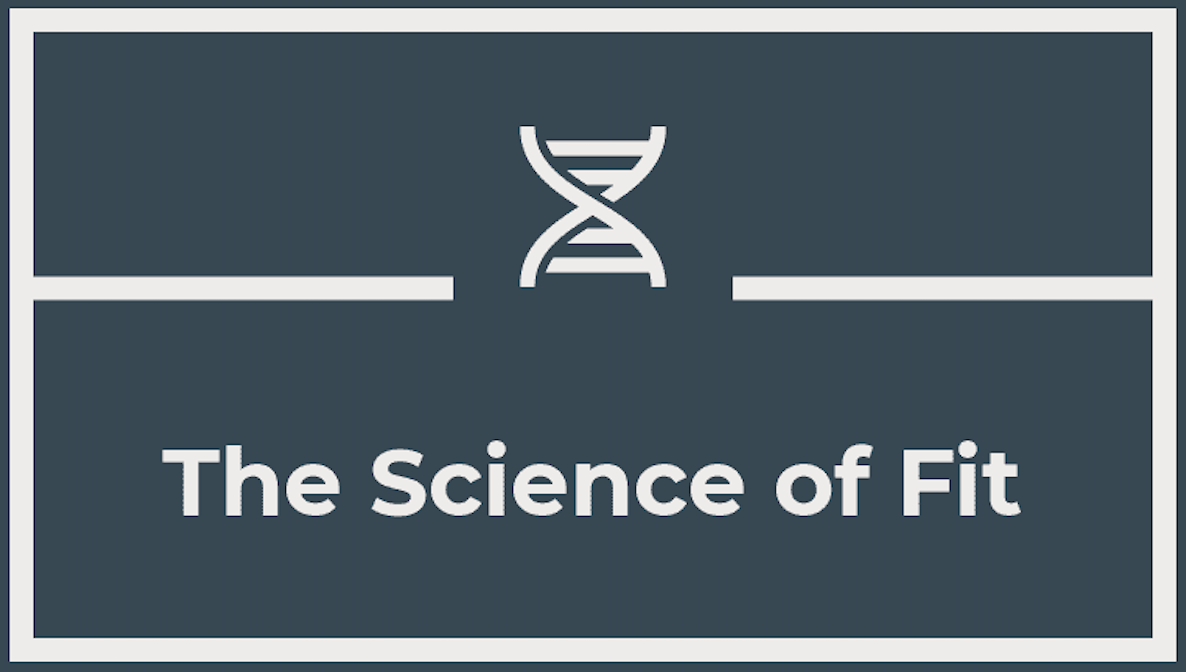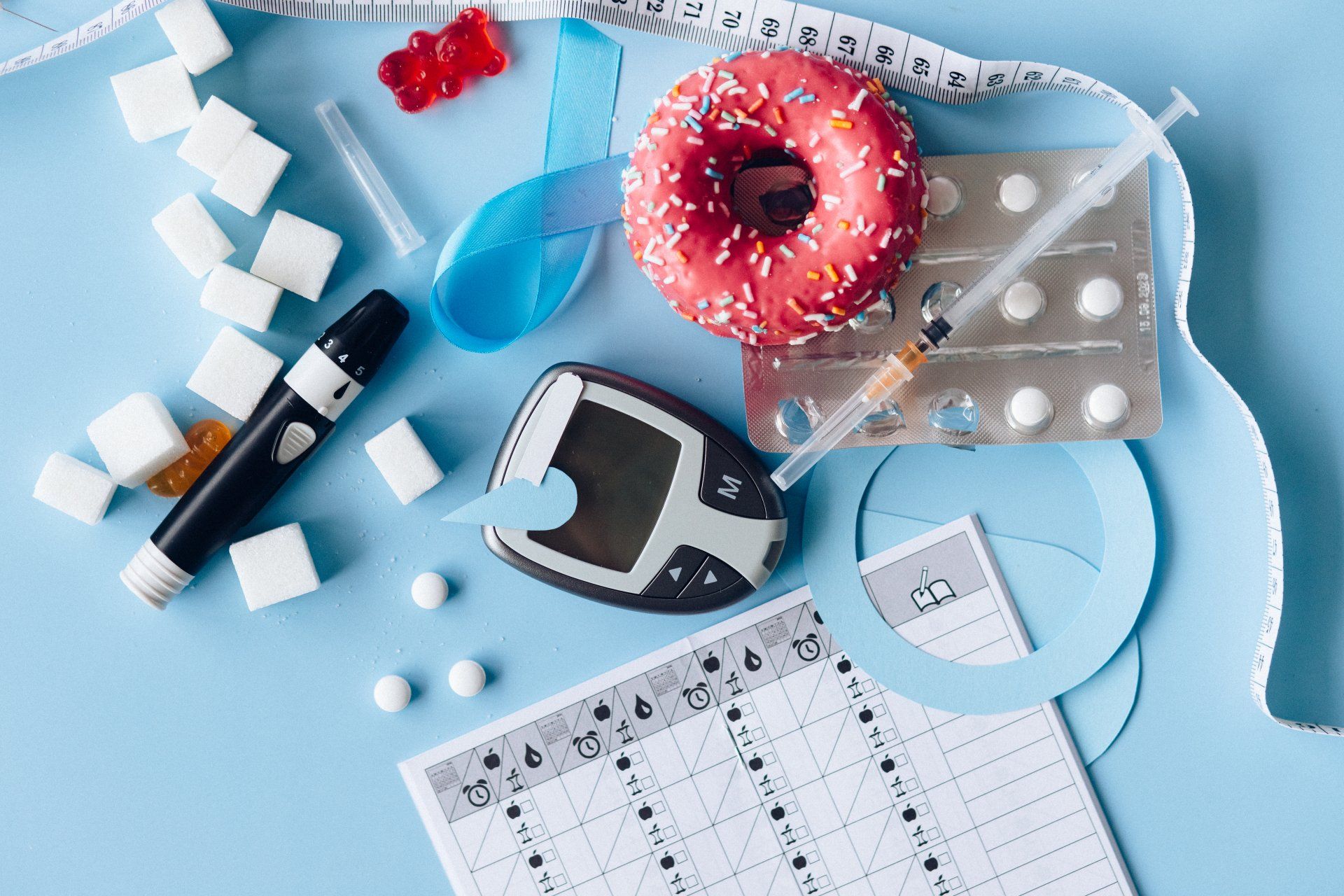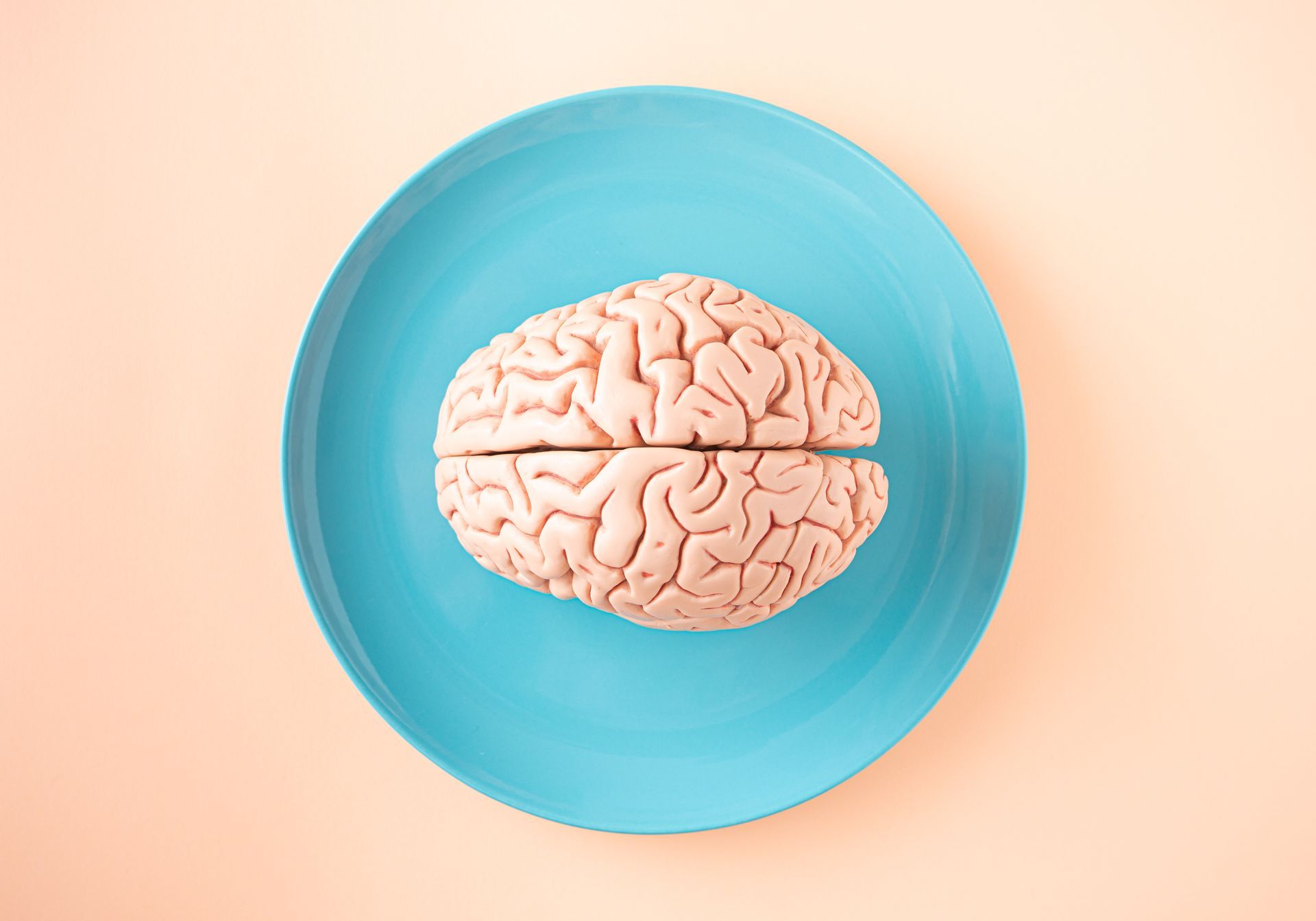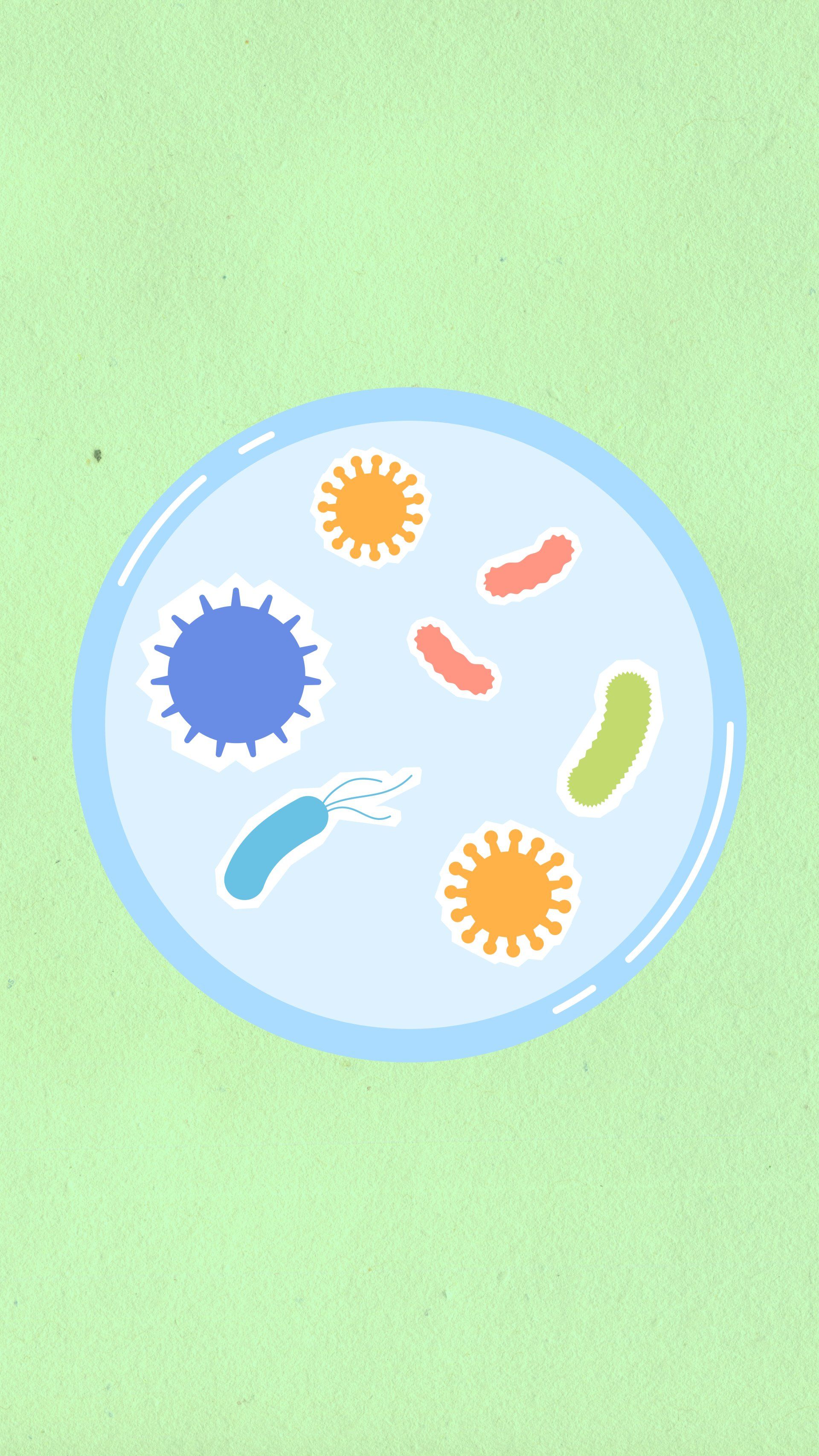Alcohol and Sleep
Unraveling the Complex Relationship Between Alcohol Consumption and Sleep: Implications for Health and Well-being

Alcohol is one of the most widely consumed psychoactive substances globally, with significant effects on sleep architecture and quality. While alcohol is often used as a sedative and perceived to facilitate sleep initiation, research suggests that its impact on sleep is multifaceted and may lead to disrupted sleep patterns, altered sleep stages, and diminished sleep quality. This article provides a comprehensive review of the physiological effects of alcohol on sleep, including its influence on sleep onset latency, sleep architecture, sleep continuity, and sleep-related breathing disorders. Moreover, we discuss the bidirectional relationship between alcohol consumption and sleep disturbances, exploring the potential mechanisms underlying this interplay. Furthermore, we highlight the implications of alcohol-related sleep disturbances for overall health and well-being, including cognitive functioning, mood regulation, and risk of alcohol use disorders. Finally, we offer insights into strategies for mitigating the adverse effects of alcohol on sleep and promoting healthy sleep habits.
Sleep is essential for maintaining optimal health and well-being, playing a critical role in cognitive function, emotional regulation, and physical restoration. However, alcohol consumption has been shown to exert profound effects on various aspects of sleep, leading to disruptions in sleep architecture and quality. Despite its widespread use as a sleep aid, alcohol's impact on sleep is complex and multifaceted, with both acute and chronic effects that may influence overall sleep patterns and contribute to sleep-related disorders. This article aims to provide a comprehensive overview of the physiological effects of alcohol on sleep and explore the implications of alcohol-related sleep disturbances for health and well-being.
Effects of Alcohol on Sleep Architecture
Alcohol consumption has been shown to influence multiple parameters of sleep architecture, including sleep onset latency, total sleep time, sleep efficiency, and rapid eye movement (REM) sleep. While alcohol is often perceived to facilitate sleep initiation by exerting sedative effects, research suggests that it may disrupt the natural progression of sleep cycles and compromise sleep quality. Acute alcohol consumption has been associated with a reduction in REM sleep and an increase in non-REM (NREM) sleep, particularly in the first half of the night. Moreover, alcohol-induced changes in sleep architecture may persist into the post-alcohol period, leading to residual sleep disturbances and next-day impairments in cognitive and psychomotor performance.
Alcohol-Related Sleep Disturbances
In addition to its acute effects on sleep architecture, alcohol consumption has been linked to an increased prevalence of sleep-related breathing disorders, such as obstructive sleep apnea (OSA) and snoring. Alcohol-induced relaxation of upper airway muscles and suppression of respiratory drive can exacerbate existing breathing abnormalities and contribute to nocturnal hypoxemia and fragmented sleep. Furthermore, chronic alcohol use has been associated with alterations in circadian rhythms and disruptions in sleep-wake cycles, leading to insomnia, hypersomnia, and other sleep-related complaints.
Bidirectional Relationship Between Alcohol and Sleep
The relationship between alcohol consumption and sleep disturbances is bidirectional, with alcohol use influencing sleep patterns and sleep quality, and sleep disturbances influencing alcohol consumption. Individuals with insomnia or other sleep disorders may be more likely to use alcohol as a coping mechanism to alleviate sleep difficulties, leading to a cycle of alcohol dependence and sleep disruption. Conversely, chronic alcohol use can perpetuate sleep disturbances and exacerbate underlying sleep disorders, contributing to a vicious cycle of alcohol-related sleep dysfunction.
Implications for Health and Well-being
Alcohol-related sleep disturbances have significant implications for overall health and well-being, including cognitive impairment, mood disturbances, and an increased risk of developing alcohol use disorders. Chronic sleep deprivation and poor sleep quality have been associated with cognitive deficits, emotional dysregulation, and an elevated risk of psychiatric disorders, exacerbating the negative consequences of alcohol misuse. Moreover, alcohol-related sleep disturbances may impair immune function, increase susceptibility to infections, and exacerbate chronic health conditions, such as cardiovascular disease and metabolic disorders.
Strategies for Mitigating Alcohol-Related Sleep Disturbances
Given the complex interplay between alcohol consumption and sleep, interventions aimed at mitigating alcohol-related sleep disturbances should adopt a multifaceted approach. Behavioral strategies, such as promoting sleep hygiene practices, reducing alcohol intake before bedtime, and addressing underlying sleep disorders, can help improve sleep quality and mitigate the adverse effects of alcohol on sleep. Moreover, psychoeducational interventions targeting alcohol use behaviors and sleep-related beliefs may help individuals develop healthier coping mechanisms and establish sustainable sleep habits.
In conclusion, alcohol consumption exerts profound effects on sleep architecture and quality, leading to disruptions in sleep patterns and increased susceptibility to sleep-related disorders. The bidirectional relationship between alcohol and sleep highlights the importance of addressing both alcohol use behaviors and sleep disturbances in clinical practice and public health initiatives. By promoting awareness of the complex interplay between alcohol consumption and sleep, and implementing evidence-based interventions to mitigate alcohol-related sleep disturbances, healthcare professionals can help improve sleep outcomes and enhance overall health and well-being.
Future Directions
Future research endeavors should focus on elucidating the underlying neurobiological mechanisms linking alcohol consumption and sleep disturbances, with particular attention to individual differences in susceptibility to alcohol-related sleep dysfunction. Moreover, longitudinal studies are needed to examine the long-term consequences of chronic alcohol use on sleep architecture, cognitive function, and mental health outcomes. Additionally, the development of personalized interventions targeting both alcohol use behaviors and sleep disturbances holds promise for optimizing treatment outcomes and reducing the burden of alcohol-related sleep disorders on individuals and society.










